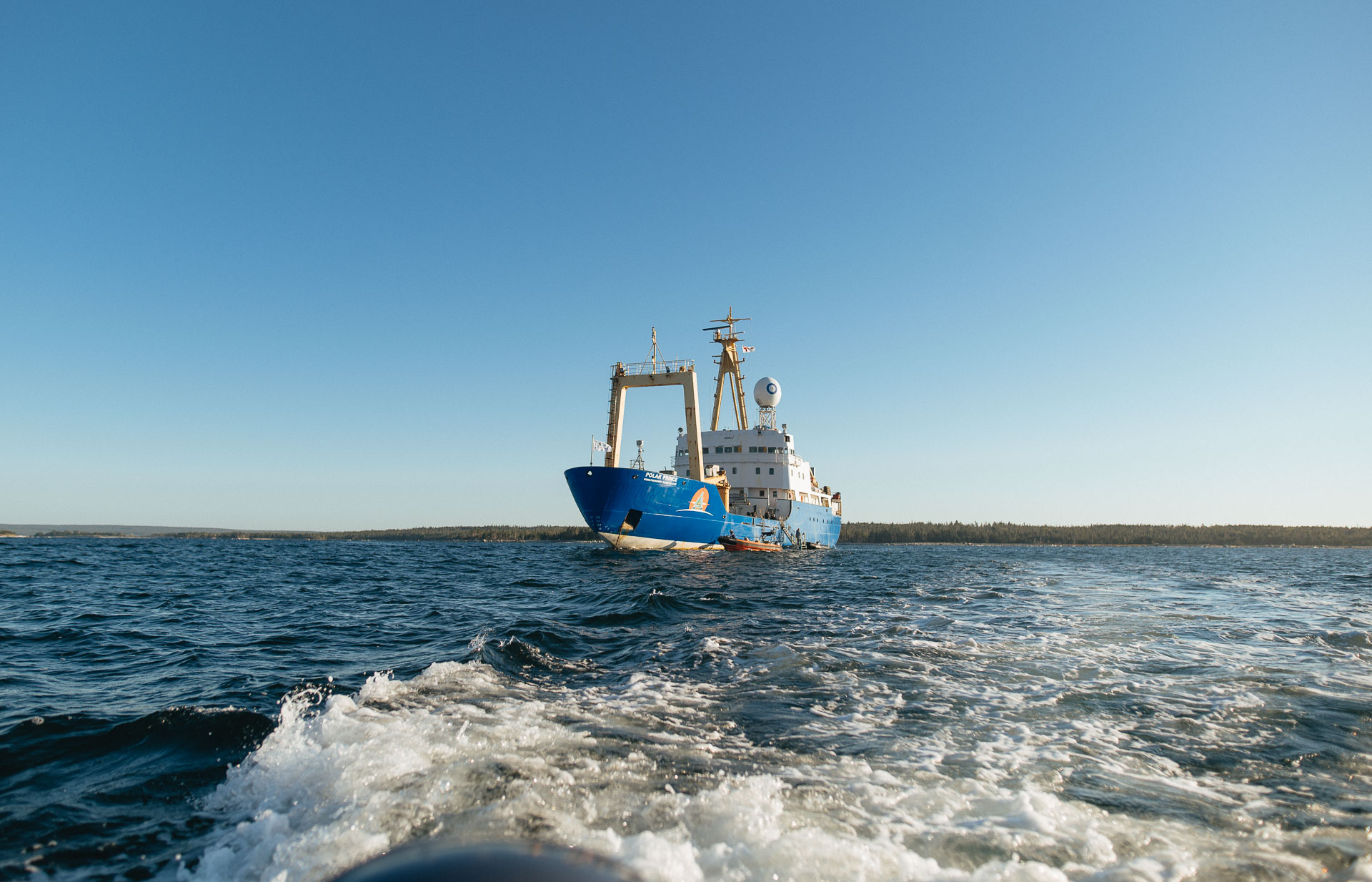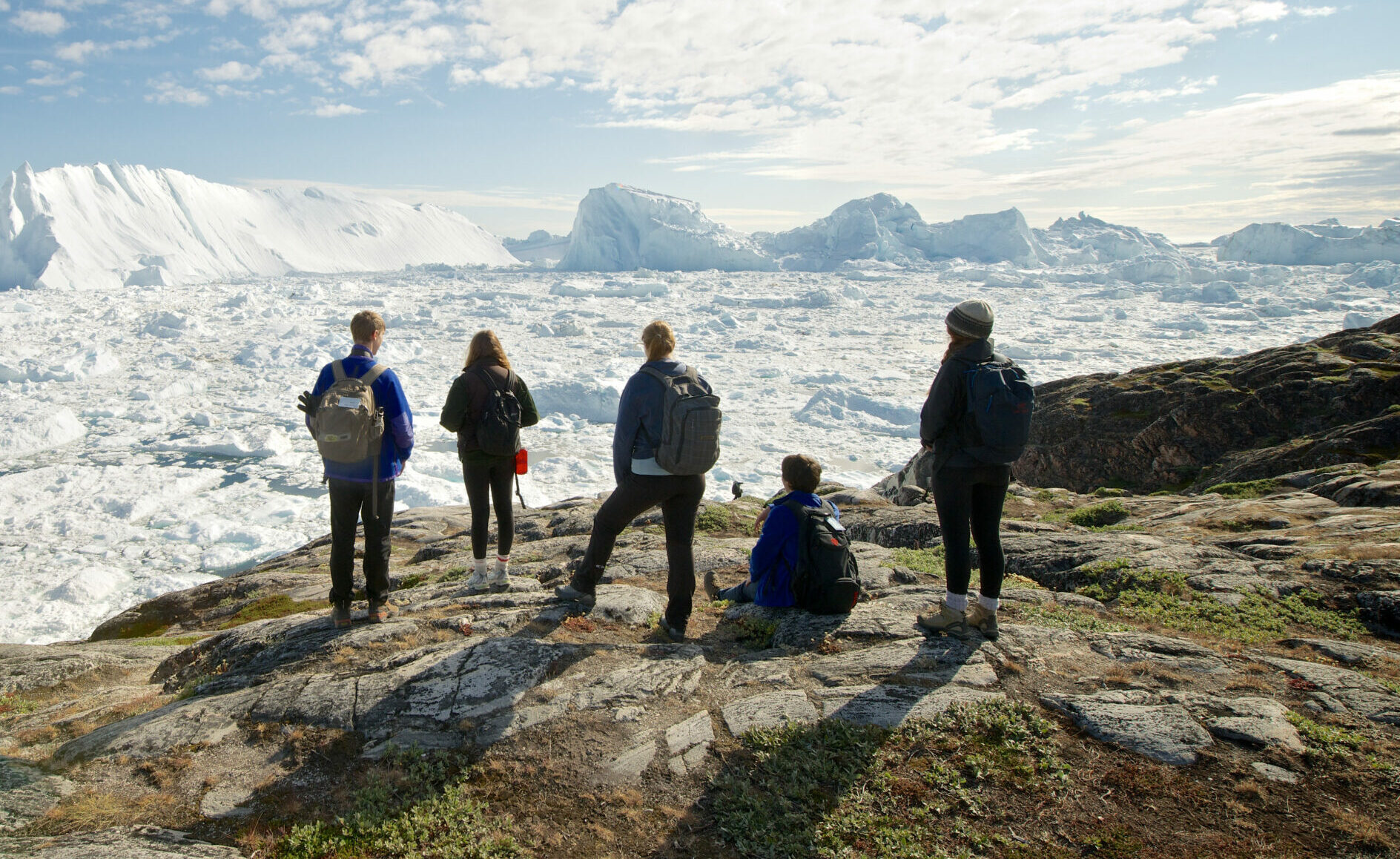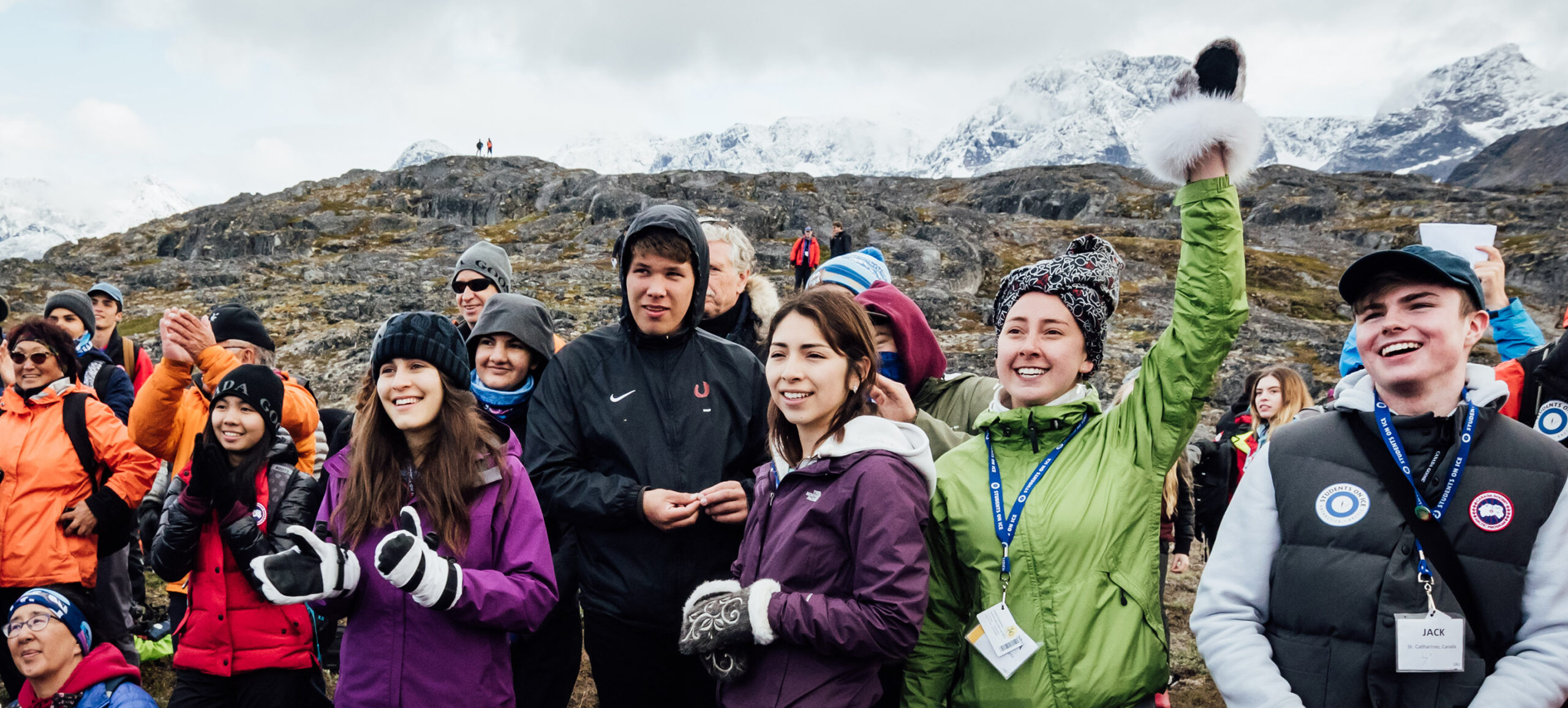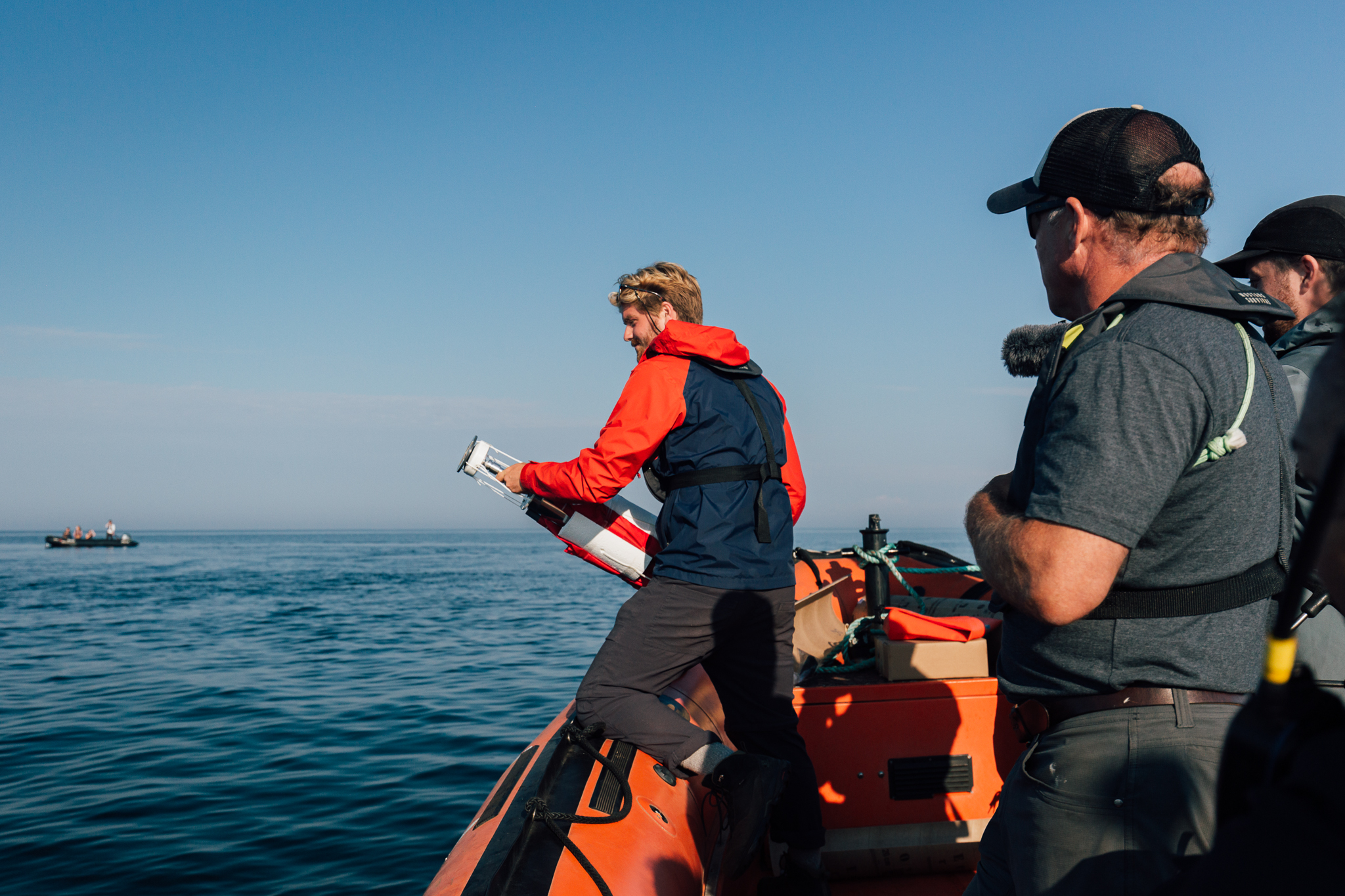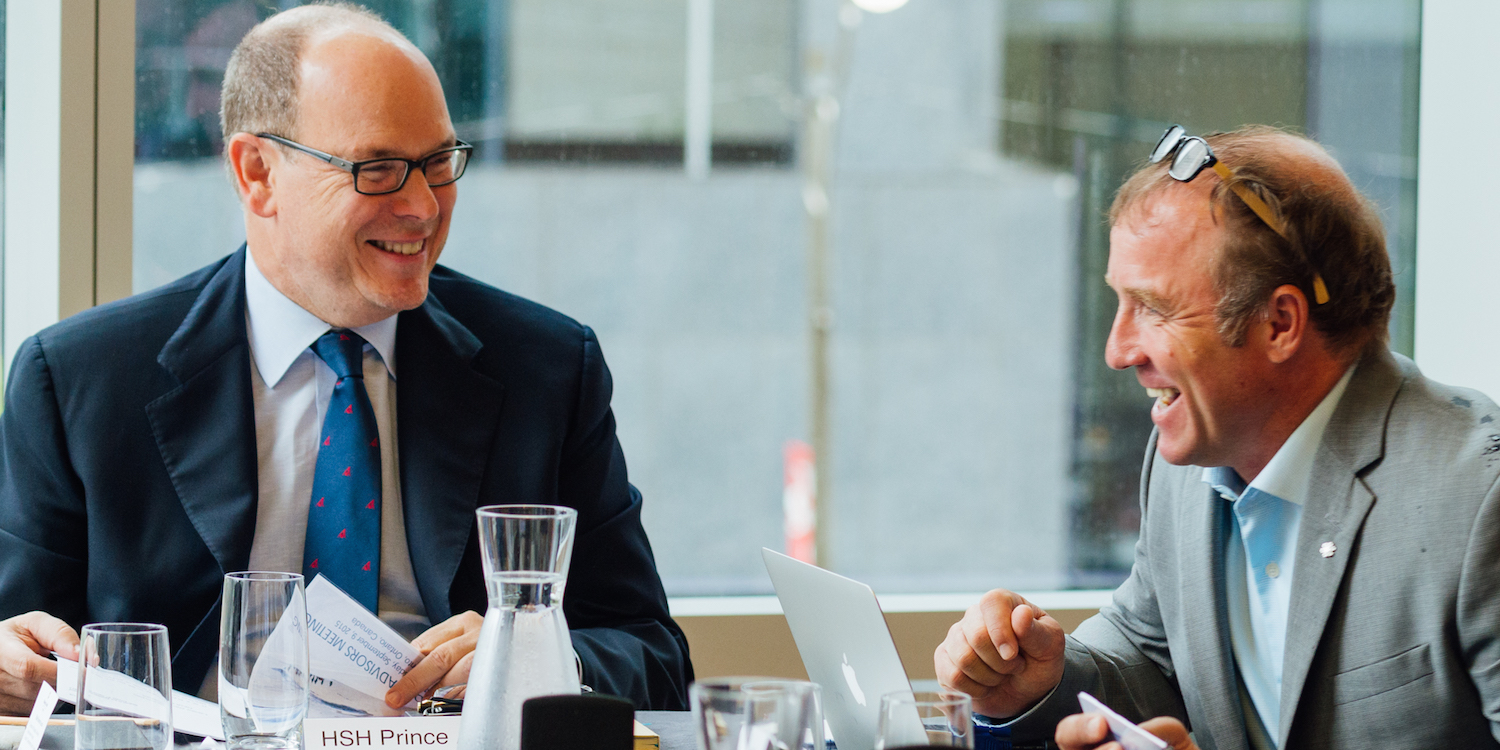Grief, Tokenism, and Burnout in a World on Fire: SOI COP25 Blog

I’m tired. But what does that matter?
We know the facts. We’ve heard them listed off in hundreds of articles, blogs, interviews, and newscasts from hundreds of people. How seven of the ten hottest years ever recorded have occurred in this decade. How people around the world are experiencing crop failures, hurricanes, and heat waves. How we are witnessing the loss of cultures, communities, species, and lives right before our eyes.
The weight of this sometimes is overwhelming. I often catch myself grieving for a world that my parents had, and that I thought I had only a decade ago. One where I might not know what career path I would take or what city I will grow old in, but I know that the forests and oceans I love, with all of their fantastic and diverse life, would remain constant. The loss of the certainty of life is, sometimes, all-encompassing. And I grieve for it.
Our house is burning. Yet, those with the power to really change things are standing back and watching the flames. Some are even feeding them.
The only source of hope seems to be the movement of youth and Indigenous leaders who are rising with the oceans. Who are taking to the streets, leading the largest social movement for climate action that we have ever seen. This hope is being recognized by those with the power to act. Some feel threatened by it, but many are pointing at it as a source of inspiration. As something to hold up and be grateful for. And I have benefitted from this. The rise of the youth movement has given me my job, as the Founder and Partnerships Director for Youth4Nature. It has given me opportunities to travel around the world, to speak on panels and on stages with academics, and Ministers, with Directors of international institutions and celebrities. It is the reason I was able to attend COP25. And I honestly think it has helped me to contribute, in some small way, to making the world a better place.
But I cannot separate the accomplishments I, and others close to me, have experienced within the youth movement from the tokenisation that is pervasive throughout. Many of the connections I make with adult-led organizations in the climate movement are driven by a desire to capitalize on my new social clout as a “youth activist”, rather than by a hope to pursue meaningful, mutually beneficial partnerships. I am often asked to do labour that is unpaid. My relevant knowledge and expertise are often reduced to my position as a contributor to climate strikes, rather than as a scientist, organizational director, and communicator. And no matter how much work I do and how many hours I put in, it is never enough. The world still burns. And world leaders continue to deny action. In a way, the absence of youth in climate action has only been replaced with a symbol of us, or even the manipulation of us.

I’m tired. I may even be burnt out. (I probably am burnt out).
But this brings me back to my first thought here: What does that matter? Temperatures continue to rise, and languages, species, ecosystems, cultures, and lives continue to be lost.
What does my fatigue matter? Especially as someone who is much less vulnerable, and largely more responsible, than the frontline and Indigenous leaders I am proud to stand behind (although this may warrant a blog of its own).
After a rather exhausting, and disappointing, two weeks at COP25, questioning the relevance of my own tiredness was a dominant thought of mine. And while I will likely continue to think about this for a while yet, I have arrived at the beginnings of a response.
We do not have time for leaders who have been burned in the fight to put out the fire. And after another COP lacking in ambition, it is even clearer that we cannot expect world leaders to pick up the reins in the timeline that science has given us. The burden on us, on young people, on frontline and Indigenous communities, on civil society, will not be lessened anytime soon.
So how can we juggle grief, tokenism, and burn-out, while still preserving our strength for the crisis that demands it? There are many ways, I suspect. But I think they must all be rooted in community, empathy, and love. Love for those around us, and for ourselves. Because our role in this journey matters. It is critical. We cannot tire now.
I traveled to COP25 as part of the Climate Action Cohort, a partnership between Students on Ice and Youth Climate Lab and supported by the Lawson Foundation.
